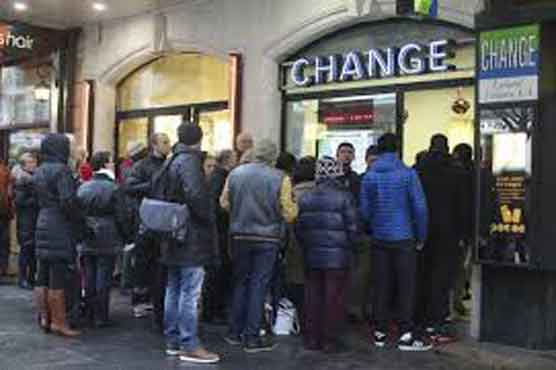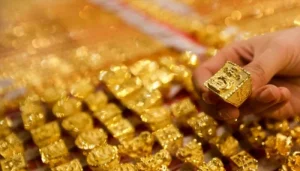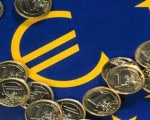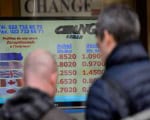GENEVA (APP) – Switzerland s central bank chief on Friday defended the institution s shock decision to scrap efforts to stop the overheated franc rising, insisting the turbulence rocking markets and the Swiss economy should settle.
“You must remember that the currency cap from the beginning was supposed to be an exceptional and temporary measure,” Thomas Jordan said in an interview to be published in the Saturday editions of Swiss dailies Le Temps and NZZ.
“It was always meant to be abandoned,” he said, stressing that the bank s massive efforts to hold down the currency were no longer warranted.
“If the (economic) objective is no longer justified or sustainable, we should stop the exercise. We reached that point,” he said. The bank, he said, had determined that if it had continued its policy “it risked losing control of its monetary policy in the long term.”
Jordan s comments came a day after the Swiss National Bank (SNB) stunned markets with its decision to abandon the minimum rate of 1.20 francs against the euro that it had been defending for more than three years. The Swiss currency immediately gained nearly 30 percent against the euro, before stabilising at around parity — which is still 15 percent higher than Wednesday s rate.
The soaring franc caused panic on global markets, bankrupted foreign exchange traders as far away as New Zealand and was seen as a significant threat to Switzerland s export-dependant economy. The Swiss stock exchange s main SMI index has plunged more than 14 percent since Thursday morning.
Markets should gradually stabilise -“We were aware that this decision could have a major impact on markets,” Jordan said. “The markets should gradually stabilise,” he said, admitting though that “it could take time.” When asked if SNB might reintroduce a cap on the franc if the markets did not settle, Jordan said that if there was a clear need, the bank “would be active on the exchange markets.” The SNB had been defending the exchange rate floor since September 2011 in an effort to protect the country s vital export and tourism industries, even buying massive quantities of foreign currencies to do so.
The rate was introduced as the eurozone crisis sent investors scurrying to the safe haven currency. More recently, the Russian ruble crisis put renewed pressure on the franc.
As late as Monday, SNB vice chairman Jean-Pierre Danthine insisted in a media interview the bank would continue defending the policy. Jordan said it had been important to not give away the planned shift in policy before the announcement to avoid speculation.
He said the bank directors had unanimously agreed to scrap the cap, insisting the Swiss economy was in a much better place than it had been when the cap was introduced in 2011.
Not all powerful -“We gave the Swiss economy time to adapt to the new situation. A period of three years is not negligible,” he said. Now that the cap was gone, Jordan acknowledged that “following this decision, the economic situation in Switzerland is more difficult” and that many Swiss companies would now face “challenges”. But, he pointed out, “SNB cannot fulfil all wishes with its monetary policy. It is not all-powerful.”
Jordan said he understood the barrage of criticism facing the bank after Thursday s move, but that he was sure the bank had made the right decision. He also brushed aside a comment from International Monetary Fund chief Christine Lagarde questioning why she had not been warned before the bombshell announcement fell. “SNB is an independent central bank. It is our prerogative to prepare our decisions on our own,” Jordan said.
Sarfraz Ali
The writer works as lifestyle Reporter for Daily Pakistan. He can be reached at sarfraz1168@gmail.com.
















